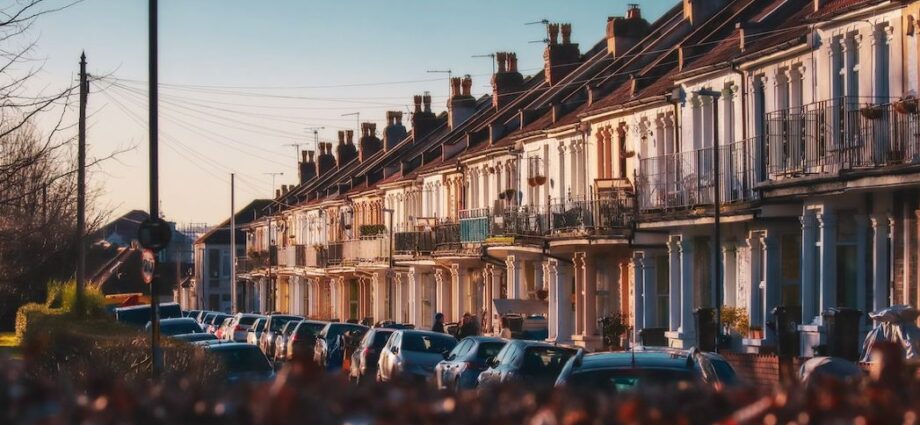Townhouses are multi-level homes owned by individuals who share at least one or two walls with the adjacent unit. These are typically made up of two or more units with similar, if not identical, facades. These two-story dwellings are typically narrower than single-family homes. Townhouses typically include outdoor space, such as a garden, pool, and BBQ spots, as well as a garage or carport.
Depending on where you live, that architectural style can manifest in a variety of ways, but the most common physical feature associated with townhouses or row houses is that they share a common wall, but not ceilings or floors, with neighboring dwellings. Instead of side yards, they have a party wall that runs the entire length of the house. They also frequently share a stretch of rooftop with neighboring properties.
If you are interested in buying a townhouse, you probably ask yourself “Are townhouses easy to sell and if they are, what are the things you need to look into before buying one?” State laws, the location, and the type of insurance policy are just some of the things you need to take into consideration.
To get you started, here are five things you need to check before buying a townhouse.
Contracts and financing for townhouses
While a standard, single-part contract is still the most common type for a new townhouse property, developers are increasingly using split contracts. This is where the land is purchased under one contract and the property is built under another. The benefits for the buyer include only paying stamp duty on the land. However, holding costs during the construction period must be considered. Split contract financing can be complicated, so make sure you have a good mortgage broker who is familiar with these types of contracts before proceeding.
Strata title vs. freehold title
Depending on the development, the townhouse may be strata, community, or freehold. A strata title is similar to apartment ownership in that strata fees are paid to maintain the buildings and townhouse estate. Each owner has full ownership of their lot, but must pay to maintain communal facilities as well as share them with the rest of the owners in the complex. These facilities include pools, gardens, BBQ areas, and playgrounds.
On the other hand, with a freehold title, you own the lot completely, and there are no shared amenities. Your solicitor will be able to explain which title your potential purchase falls under and the implications of each before you buy a townhouse.
Research the insurance policy
In some townhouse communities, the homeowners association (HOA) handles a portion of the insurance. In others, you’re on your own. As a result, it’s critical to inquire about the policies and what you’ll need to do to protect your belongings in the event of a disaster. Whether they cover it or you do, you want to make sure your belongings and home are protected if something bad happens.
Examine the types of disasters that are covered. If the tectonics or water table in your area are finicky, you’ll want to be protected, and such policies are frequently above and beyond standard coverage. It’s worth checking with your insurance company to find out the specifics of your policy and, if necessary, upgrading it.
Check the surroundings
Townhomes are frequently located in suburban areas, bringing residents closer to the action than single-family homes. Residents enjoy all of the advantages of city life, such as shorter commutes and easier access to restaurants and other attractions, without having to live in the city itself. These residences are also frequently clustered in developments managed by HOAs, providing an added sense of security and community.
Townhouses play an important role in residential housing when they are in the right location. Apartments are usually the closest to shops, transportation, and other amenities in a well-planned community, while houses are found further out in the quieter, private streets, and townhouses fill the gap between the two.
It has privacy
It can be annoying to share one or more walls with at least one neighbor at times. People living in a townhouse can sometimes feel a bit overwhelmed, with someone always watching the comings and goings. However, the proximity of residences can foster a strong sense of community, with someone to turn to for assistance in times of need.
Final thoughts
If you’re thinking about buying a townhouse, you’ll need to get a good sense of the neighborhood, check if the location has everything you need, and consider the level of privacy it offers. Furthermore, before purchasing the townhouse that meets your requirements, ensure that you have all of the necessary information regarding the insurance policy and financing component.
